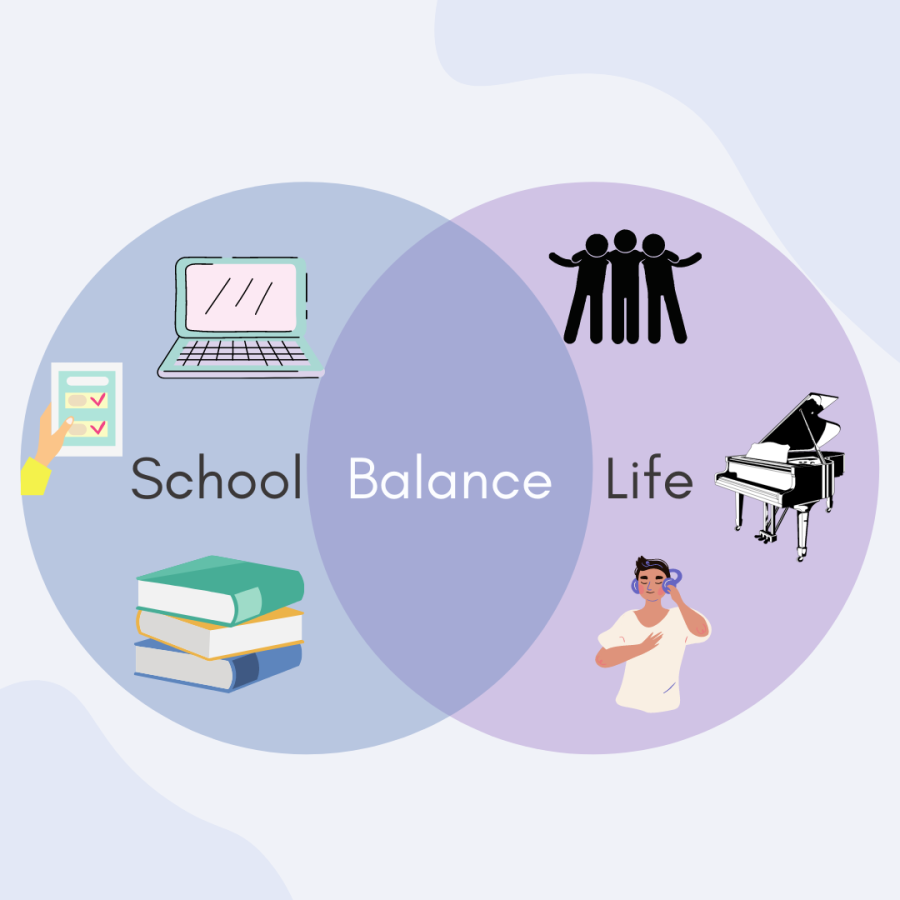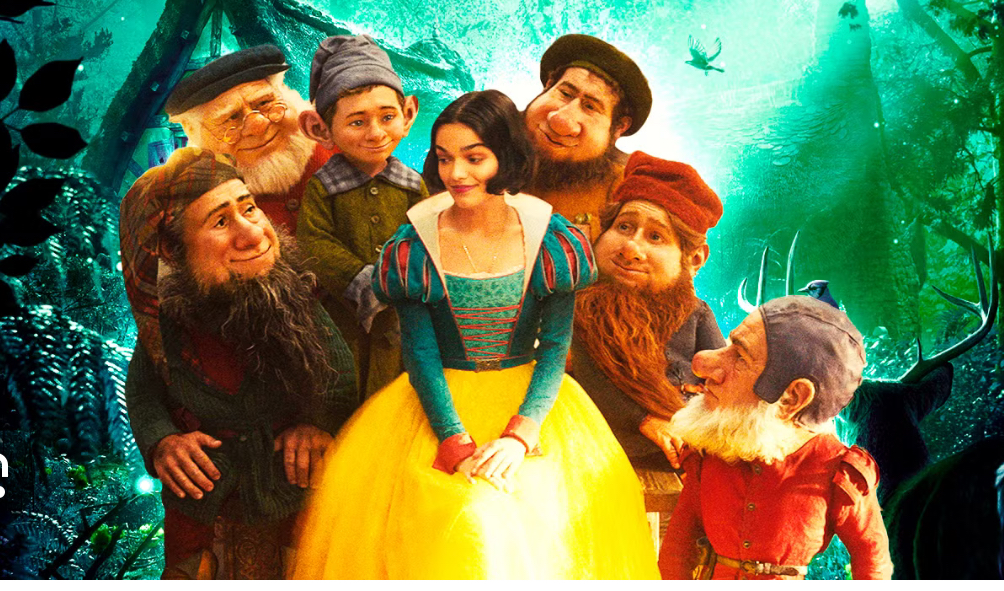The Debate on Animal Testing

October 6, 2022
For decades there has been a discussion on whether we should continue to test our vaccines and products on animals. While there are other methods, are they as accurate as we need them to be? Is animal testing as reliable as we think it is? These are questions we need answered.
Scientists have attempted to test parts of vaccines on the cells of a human, but the issue is that you cannot observe the interconnected procedures that can occur while a vaccine is being processed through the body. There is a need for a complex organism with a circulatory system to carry the drug or vaccine in order for scientists to test for side effects. You can’t study side effects on a single cell.
Dana Brice, a science teacher, said,”I do not like the idea of animal testing, but what are our other options? To elaborate I don’t agree with unreasonable animal testing, but I do believe we need testing for things like vaccines to study side effects before giving them to humans.”
However, not many organisms have systems similar to humans other than animals; for example, many scientists believe chimpanzees are 99% similar to humans.
According to senior author Robert Waterston, M.D., Ph.D., chair of the Department of Genome Sciences of the University of Washington School of Medicine, chimpanzees are “our closest living evolutionary relatives.” Chimpanzees have similar circulatory systems like humans to test for side effects.
There are plenty of regulations and laws in place to prevent mistreatment of the animals, but is that enough? Only 5% of animals used in tests are protected by the Animal Welfare Act; animals not included are rats, mice, fish, and birds.
It has also been proven that many drugs tested on animals can be dangerous for them but not dangerous for humans or vice versa. Aspirin was nearly shelved because it was proven dangerous to the animals it was tested on, but it was not dangerous for humans. So why continue to test on animals when it’s not as accurate as we’d hoped?
Dr. Richard Klausner, former National Cancer Institute Director explained, “We have cured mice of cancer for decades, and it simply didn’t work in humans.”
Many people have strong beliefs on whether we should or shouldn’t continue to test on animals.
Helena Brown, a junior, shared, “I think we should just test on people because animals cannot consent to being tested. We’d get better and more accurate results.”
Testing on animals is inaccurate, and over 90% of animal testing does not go to human trial. According to the Humane Society International, many animals in experiments are exposed to force feeding or food deprivation, infliction of pain to study healing processes and possible remedies, and “killing by carbon dioxide asphyxiation, neck-breaking, decapitation or other means.”
Testing and experimenting on animals is not accurate and is not always used for the purposes it should be. We need to find better and more accurate ways as we evolve in our society.



































